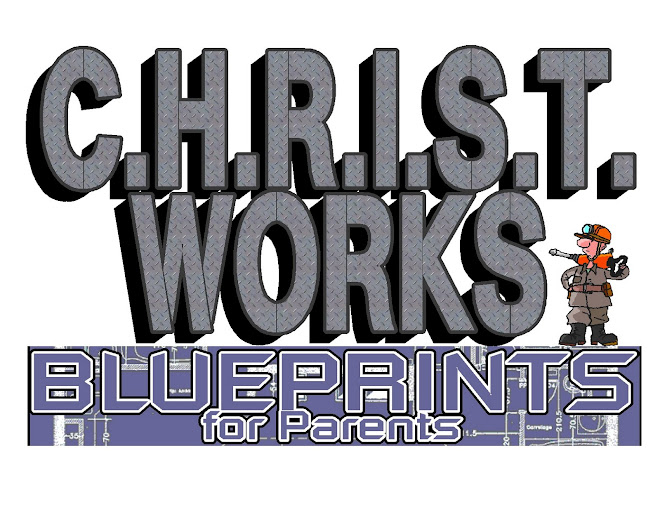Here's an interesting dialogue we had with a seven-year-old boy we'll call Jeff. "What would you think of a mailman who picks up trash on all the streets as he goes around the neighborhood?"
"That would be pretty good."
"But what if he didn't get the mail delivered?"
"He'd get fired!"
"That's right. Delivering the mail is his job."
"What would you think about the car mechanic who likes to talk to people and socialize but doesn't get the cars fixed?"
"He'd get in trouble."
"Yes, you're probably right because repairing cars is his job. You know, children have a job to do but sometimes they get distracted and do other things."
"What's a child's job?"
"According to Ephesians 6:1 a child's primary job is to learn to obey."
"Yeah, right."
"You don't seem too excited about that job."
"I'm not. My parents are always telling me what to do."
"Well that's their job. Let me help you understand why God gave you that job. Hidden within obedience are all kinds of principles that will make you successful when you get older. You will learn how to be a better student, employee, or boss by learning how to obey when you're young. You’ll also learn to obey God, and that’s very important."
"Oh yeah, how?"
"Well, some employees can't do a simple task without arguing about it. If they would have learned to obey when younger, they might not have such a problem following directions. Or, some students can't accept an assignment without complaining about it. If they had learned obedience when younger, they might be able to do a hard job without complaining. There's nothing wrong with evaluating instructions or helping parents with alternatives, but there's a lot of benefit to obeying just to learn obedience. God knew that and he hid many character qualities inside of obedience that will help you do well in life."
"That's interesting."
"The next time you're given an instruction, especially one you don't want to do, maybe you ought to think about obeying with a good attitude just because of what it will teach you."
The point of this conversation is that obedience has more benefits than many children realize and that they have opportunities now to prepare themselves for life in future.
This parenting tip comes from the book Home Improvement, the Parenting Book You Can Read to Your Kids by Dr. Scott Turansky and Joanne Miller, RN, BSN.

















